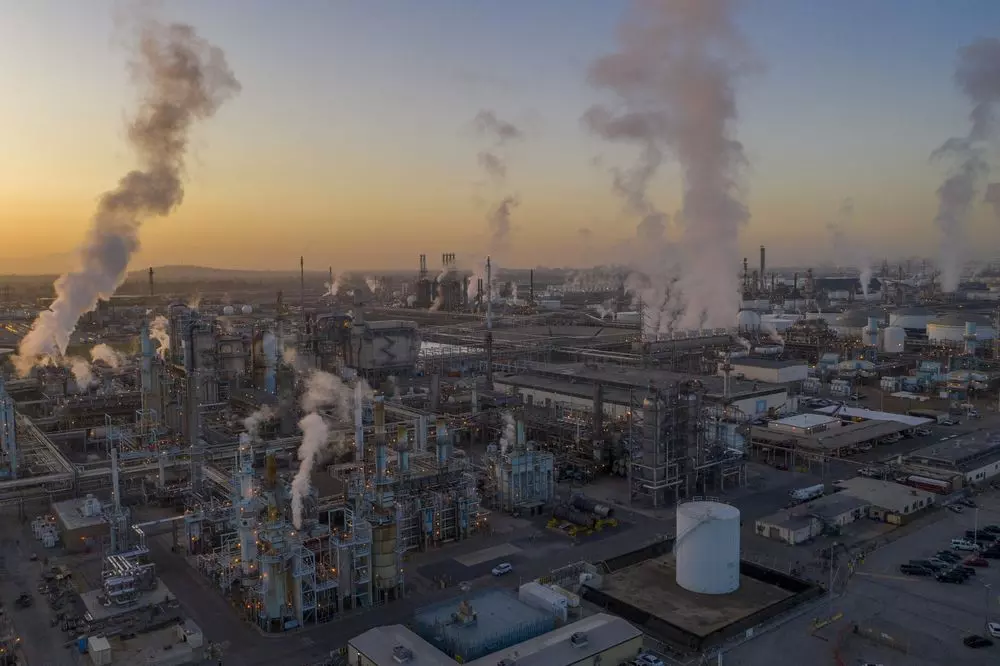
IEA optimistic of methane emission cuts; says 30% reduction like switching off all vehicles
text_fieldsGlasgow: If a 30 percent reduction in emissions of methane is achieved by 2030, that would mean switching all the cars, trucks, ships and planes of the world to zero methane emissions. That is the projection put forward by The International Energy Agency (IEA) on Monday which means that the entire global transport sector will come to net zero emission technologies.
When the the UN Climate Change Conference (COP26) in Glasgow concluded on Saturday night after two weeks of intensive debates on reducing global warming, the meet had finally reached just an apology of an agreement on emissions and warming reductions, with diluted goals following tough bargaining by more pollution-causing - and coal-consuming - countries including the China, India and the USA.
The IEA, was a key participant at the meet, making its presence in a range of events addressing the ways in which the energy sector can help solve the world's climate challenge.
IEA Executive Director Fatih Birol joined scores of of world leaders, led by US President Joe Biden and European Commission President Ursula von der Leyen, at the launch of the Global Methane Pledge, underscoring that reducing methane emissions is the most consequential means of limiting near-term climate change.
An official statement quoting Birol said he welcomed the commitment by more than 100 countries worldwide to join the pledge to cut global methane emissions from human activity by 30 per cent by 2030 and highlighted the IEA's longstanding efforts to push for an end to methane leaks from fossil fuel operations.
Multiple leaders including Colombian President Ivan Duque, at the Global Methane Pledge launch, noted the IEA's important role in advocating measures to clamp down on methane emissions.
Canadian Prime Minister Justin Trudeau announced that his country was the first to commit to meeting the IEA goal of 75 per cent reduction in energy-related methane emissions by 2030.
US Special Presidential Climate Envoy John Kerry, who moderated the event, said the IEA has "played a tremendous role for all of us.
During the first week of COP26, the IEA published a commentary on new analysis showing that if all the climate pledges made by countries around the world as of November 3 -- covering methane as well as carbon emissions -- were to be met in full and on time, it would limit the rise in global temperatures in this century to 1.8 degrees Celsius.
That's a notable improvement from the 2.1 degrees Celsius of warming that was projected by its World Energy Outlook 2021's Announced Pledges Scenario in mid-October, based on the climate pledges to date at that point.
But Birol believes this progress is still not enough to put the world in line with the critical goal of limiting warming to 1.5 Celsius -- and the pledges still need to be backed up with clear policies to actually put greenhouse gas emissions into decline.
At the request of the UK's COP26 Presidency, the IEA is leading the tracking of global progress against the Glasgow Breakthroughs -- five goals aimed at driving down the costs of clean technologies. Meeting these goals will be essential to enabling the achievement of governments' long-term net zero pledges.
(Based on IANS feed with minor edits)






















